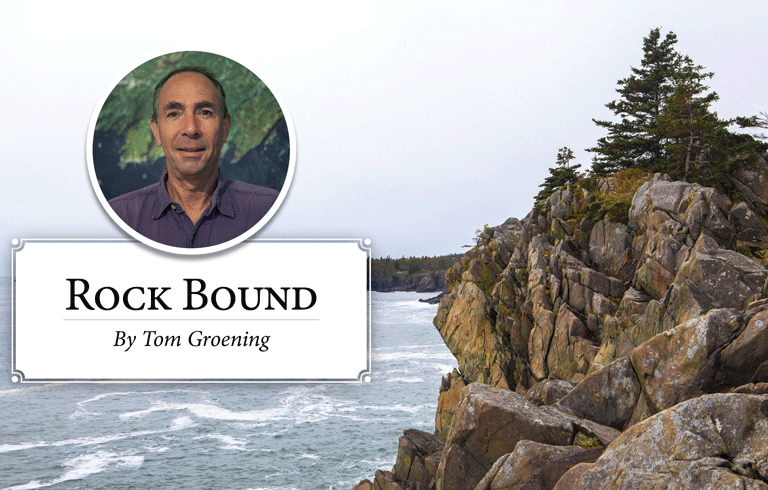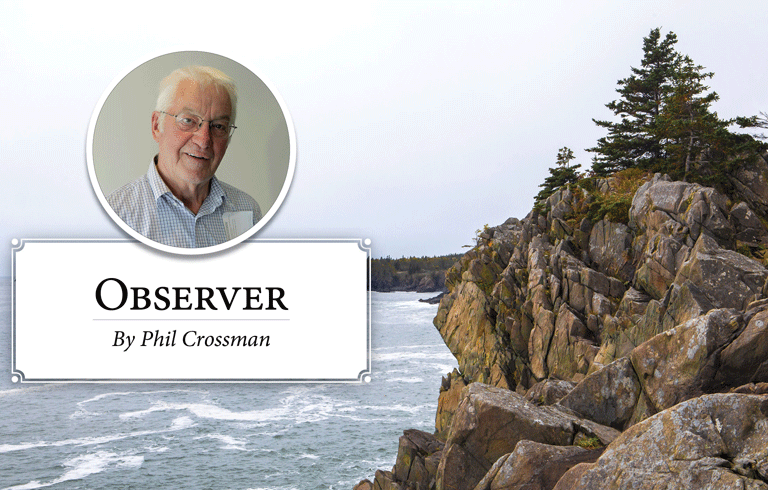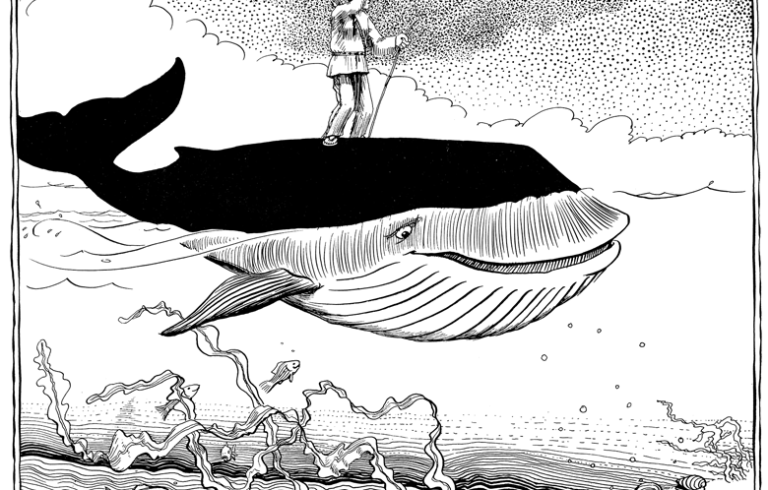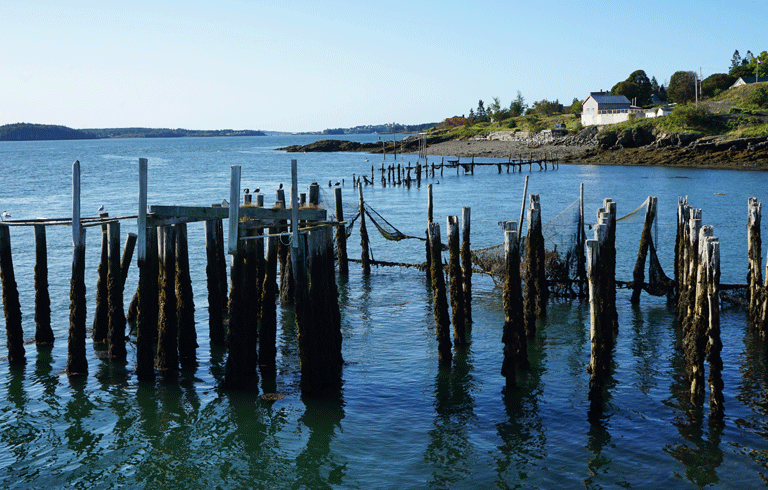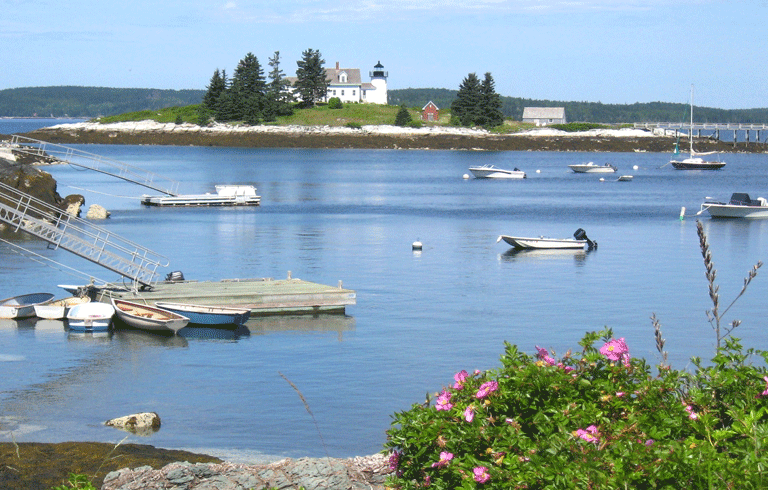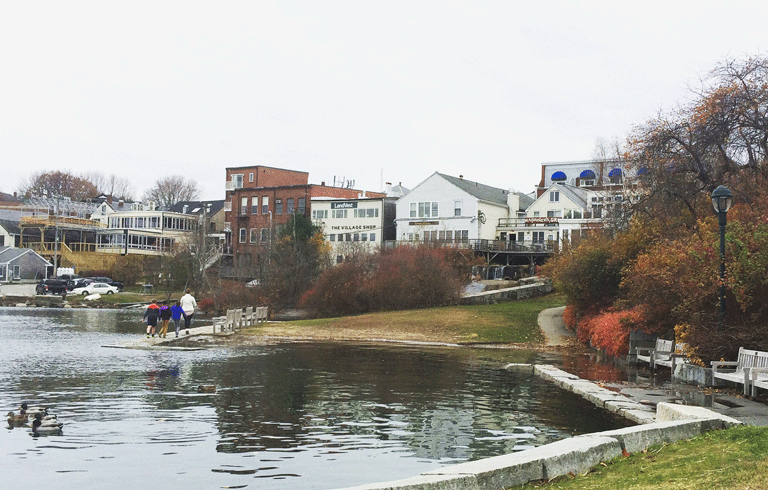Working Waterfront
Our readers write—Racism, sexism, and the joy of libraries
Racism heritage To the editor: Thanks very much for your article on our heritage (“Maine’s not-so-clean history on race,” May issue). Having lived away in Denver for more than 30 years, I was sad to be labeled a PFA (person from away) by a local here in Eastport. Although the… SEE MORE


